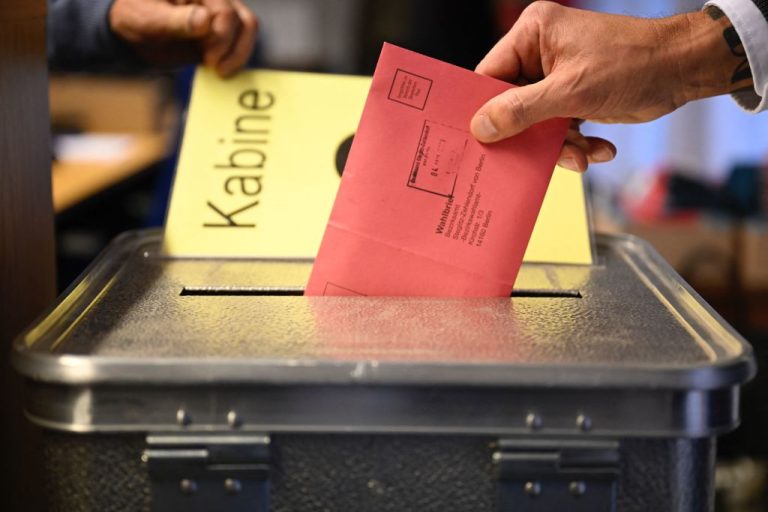Europe is bracing for some decisive election rounds that could dramatically affect future events amid mounting social unrest, energy and food shortages, the Russo-Ukrainian war, and a looming new wave of COVID-19 with the re-opening of mainland China.
In 2023, national elections will be held in Switzerland, the Czech Republic, Estonia, Finland, Greece, and Spain. In nearly every case, the involved parties will be engaged in a neck-and-neck race.
The elections are important because they may cause landslide effects on the future policies of several European states.
Below are some key players on the European electoral stage, Germany, Poland, and Turkey, whose internal electoral struggles are bound to have outsized impact beyond their borders.
Germany
Amid a climate of social unrest, claims of voter fraud, and a foiled alleged coup attempt by the far-right “Reichsbürger” movement, the Berlin Constitutional Court declared the Sept. 26, 2021 elections for the city’s Abgeordnetenhaus — which serves as Berlin’s legislature — as well as for 12 district representatives invalid.
Success
You are now signed up for our newsletter
Success
Check your email to complete sign up
Germany’s state election officer Stephan Bröchler wanted to regain the trust of the public in the democratic system after chaotic scenes broke out after, on that same day, a referendum and a marathon took place in the capital which led to numerous breakdowns.
Bröchler vowed to oversee new elections for the Bundestag to be held on February 12, saying the German electoral system should now show “that we have learned from mistakes and will regain trust in democracy,” the German-language edition of The Epoch Times reported.
Bröchler invited a bunch of international overseers to secure the reliability of the coming parliamentary elections in one of the firmest-standing democracies in the western world.
READ MORE:
- Germany’s Constitutional Court to Review September Elections Following Allegations of Irregularities
- UK to Make Voter ID Mandatory in Elections
- Dominion Audit Points to Systemic Fraud in US Election
- Poland Denies It Maneuvers Toward PolExit After Legal Clash With the EU
Currently, the SPD of Mayor Franziska Giffey governs with the Greens and the Left. According to a recent poll, however, they are on a par with the Christian Democrats (CDU) in the first place. According to other polls, however, it’s mainly the Greens and the CDU that are vying at the polls. In any case, it looks like it’s going to be a close call between the main competitors.
Poland
Poland, which has been ruled by the Law and Justice Party (PiS) since 2015, will hold national parliamentary elections in the fall. The elections are crucial since Poland has been steering away from centralized European policies, most notably when, in October 2021 the Polish Supreme Court ruled that Polish national law holds precedence over European lawgiving, an act one EU official called such European meddling “interference of the EU Court of Justice in the Polish legal system.”
Despite harsh criticism from its European partners, Polish nationalists can rest assured as their favorite PiS party led by Prime Minister Mateusz Morawiecki has been ruling unchallenged, hovering at about 37 percent of the votes in recent polls.
Turkey
Turkey will be facing elections in June this year, but the ruling coalition and the opposition parties are already in a deadlock situation.
President Recep Tayyip Erdogan of the conservative-Islamic AKP Party has been ruling the country for nearly 20 years with an ever-increasing iron grip, especially with the 2014 transition from a parliamentary system being replaced by a presidential system, he amassed ever more power.
But with international tensions and a national inflation rate of 80 percent, Erdogan’s position no longer seems so secure. Chances for the six opposition parties who have joined hands could never have been more promising than now. Still, the hexad opposition merger has failed to agree on a presidential candidate so far.
As a result, neither Erdogan’s AKP with its partner, the Nationalist Movement Party (MHP), nor the sixfold opposition league is expected to win an absolute majority in parliament.
The outcome of the elections is of decisive importance because of its role on the international stage, which side it will choose in the Ukrainian conflict, and whether Turkey will continue upholding its hawkish attitude, especially against its neighbor, Greece.













